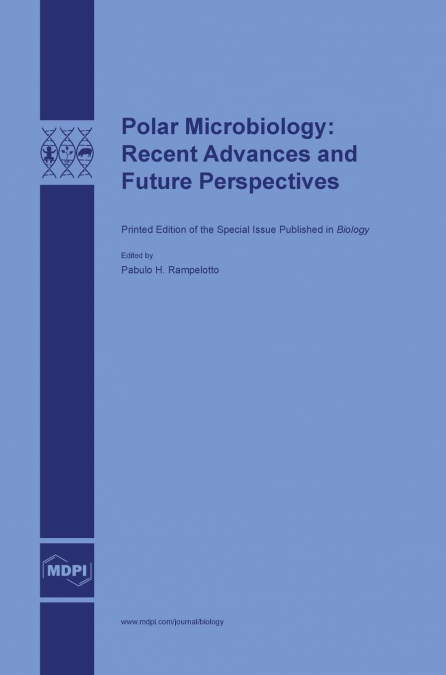
Polar microbiology is a promising field of research that can tell us much about thefundamental features of life. The microorganisms that inhabit Arctic and Antarcticenvironments are important not only because of the unique species they represent, but alsobecause of their diverse and unusual physiological and biochemical properties. Furthermore,microorganisms living in Polar Regions provide useful models for general questions inecology and evolutionary biology given the reduced complexity of their ecosystems, therelative absence of confounding effects associated with higher plants or animals, and thesevere biological constraints imposed by the polar environment. In terms of applied science,the unique cold-adapted enzymes and other molecules of polar microorganisms providenumerous opportunities for biotechnological development. Another compelling reason tostudy polar microbial ecosystems is the fact that they are likely to be among the ecosystemsmost strongly affected by global change. For these reasons, polar microbiology is a thrivingbranch of science with the potential to provide new insights into a wide range of basic andapplied issues in biological science. In this context, it is timely to review and highlight theprogress so far and discuss exciting future perspectives. In this special issue, some of theleaders in the field describe their work, ideas and findings.